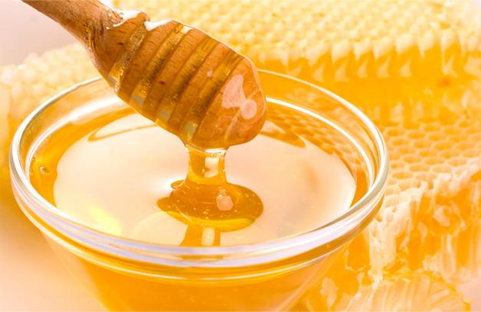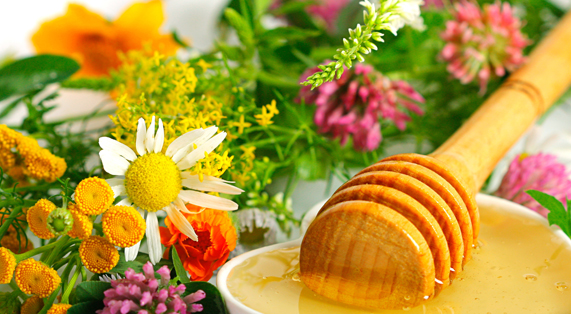أثير غذائي لقاح النحل على الأمعاء الدقيقة في الدجاج اللاحمTrophic Effect of Bee Pollen on Small Intestine in Broiler Chickens
أثير غذائي لقاح النحل على الأمعاء الدقيقة في الدجاج اللاحم
Trophic Effect of Bee Pollen on Small Intestine in Broiler Chickens
Jue Wang, Shenghe Li, Qifa Wang, Baozhong Xin,and Heng WangBee Pollen
ملخص
في هذه الدراسة، تم تقييم آثار حبوب اللقاح على تطوير الجهاز الهضمي في الدجاج اللاحم.
تم تقسيم ما مجموعه 144 دجاجة دجاج اللحم آ يوم واحد عشوائيا ومقسمة بالتساوي إلى مجموعتين، تم تعيينها على أنها السيطرة مجموعة وحبوب اللقاح، على التوالي. تم تغذية المجموعة الضابطة مع نظام غذائي أساسي، في حين تم تغذية مجموعة حبوب اللقاح
مع اتباع نظام غذائي أساسي تستكمل مع حبوب اللقاح 1.5٪ النحل على مدى فترة 6 أسابيع. في نهاية كل أسبوع، الجهاز الهضمي تم الحصول عليها للمقارنة من 12 دجاجة تم اختيارها عشوائيا من كل مجموعة. وأظهرت النتائج أن مقارنة إلى المجموعة الضابطة، والزغب الأمعاء الدقيقة من الاثني عشر، الصائم، واللفائفي كانت أطول وأكثر سمكا في مجموعة حبوب اللقاح. وكان هذا الاختلاف أكثر أهمية خلال التنمية المبكرة، وخاصة خلال الأسبوعين الأولين. زادت حبوب اللقاح (37.1٪) و (29.4٪) في العفج و (28.1٪) و (33.7٪) للصائم و (18.6٪) و (16.2٪ في الدقاق في الأسبوع 1 و 2، على التوالي. وعلاوة على ذلك، تم تطوير الغدد المعوية الصغيرة في كثافة أعلى في وحبوب اللقاح، وعمق الغدد زاد بشكل ملحوظ من قبل لقاح النحل في الأسبوعين الأولين. وتشير هذه النتائج أن حبوب اللقاح يمكن أن تعزز التنمية في وقت مبكر من الجهاز الهضمي، وبالتالي هو الغذاء يمكن أن تكون مفيدة تكملة لبعض الشروط، مثل متلازمة الأمعاء الدقيقة .
ABSTRACT In this study, the effects of bee pollen on the development of digestive organs were evaluated in broiler chickens.
A total of 144 1-day-old AA broiler chickens were randomly and equally divided into two groups, assigned as the control
group and the pollen group, respectively. The control group was fed with a basic diet, while the pollen group was fed
with a basic diet supplemented with 1.5% bee pollen over a period of 6 weeks. At the end of each week, the digestive organs
were obtained for comparison from 12 broilers randomly selected from each group. The results demonstrated that compared
to the control group, the small intestine villi from the duodenum, jejunum, and ileum were longer and thicker in the pollen
group. This difference was more significant during early development, especially through the first 2 weeks. Bee pollen increased
the length of the villi by 37.1% and 29.4% in the duodenum, 28.1% and 33.7% in the jejunum, and 18.6% and 16.2%
in the ileum in week 1 and 2, respectively. Furthermore, the small intestinal glands were developed at a higher density in the
pollen group, and the depth of the glands was significantly increased by bee pollen in the first 2 weeks. These findings suggest
that bee pollen could promote the early development of the digestive system and therefore is a potentially beneficial food
supplement for certain conditions, such as short bowel syndrome.
KEY WORDS: • bee pollen • duodenum • ileum • jejunum • small intestine




